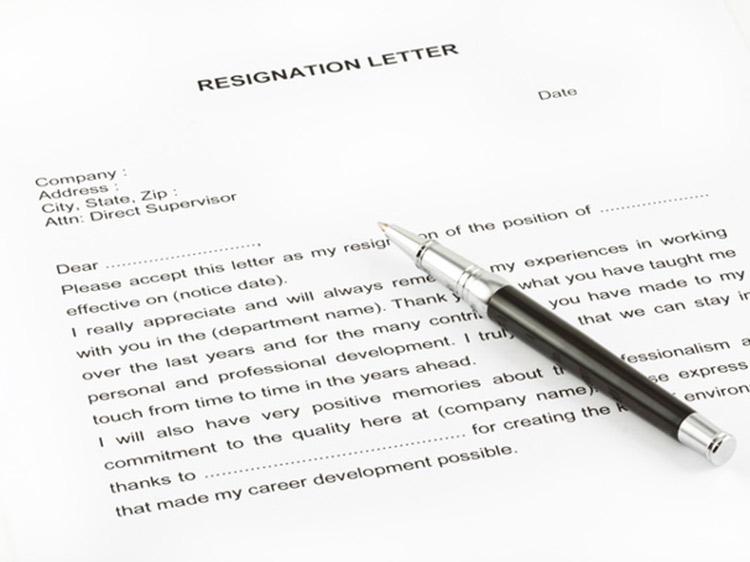Quitting a job is a huge decision. It can be difficult to know what to do when you’re feeling frustrated or unfulfilled in your position.
Before you take any rash actions, take some time to reflect and answer these questions we’ve put together for you. They will help you to make the best decision for your career and future.
Feeling okay?
Before you quit your job, it’s important to take some time for self-reflection and ask yourself some tough questions. Are you in good physical and mental health? Are you feeling burnt out or stressed? Is your workload manageable, or are you constantly feeling overwhelmed?
Are you paid fairly?
When it comes to whether or not to quit your job, money is always a major factor. So, the first question to ask yourself is whether or not you feel like you’re being paid fairly. If you’re not happy with your current salary, it might be time to start looking for a new position. But don’t jump ship just yet; keep reading for other factors to consider before deciding.
How are your work relationships?

Image Credits: workitdaily.com
Before you quit your job, it’s important to consider your relationship with your boss and co-workers. If you have a good relationship, it might be worth trying to talk to your boss about your concerns and see if there’s any way to fix the situation. However, if you don’t feel like you have a good relationship with your boss or co-workers, it might be time to move on.
Have you been learning and growing?
If you’re feeling stagnant in your job, one of the questions you need to ask yourself is whether or not you’re discovering and developing. Are you still challenging yourself, or have you become comfortable with what you know?
It’s necessary to be constantly growing in your career because that’s what will help you stay ahead of the competition. If you’re not evolving, you’re falling behind. And if you’re not happy with your job, that’s not a good sign.
Do you have a good work-life balance?
When it comes to work-life balance, there’s no one-size-fits-all answer. Some people need to work all the time to feel fulfilled, while others need more time spent away from the office to feel happy and productive.
So, how do you know if you’ve struck the right balance for yourself? Here are a few questions to ask:
- Do you feel you’re always on call and working?
- Are you resentful of the time you spend at work?
- Do you feel like you never have any time for yourself?
- Are you so stressed out that it’s affecting your health?
If you answered yes to any of these questions, then it might be time to reevaluate your work-life balance.
As we close, we will leave you with some bonus questions so you can consider your decision comprehensively before crafting a resignation letter:
- Are you sure this is what you need?
- Are you expecting too much too soon?
- Do you have a plan for what to do next?
- Have you given your resignation enough thought?
- Have you tried to talk to your boss about your problems?
- Could leaving be damaging your career rather than helping it?
- What will happen if you do quit – are you prepared for the consequences?
- Are you completely honest with yourself about the reasons for wanting to leave?
- Could your problem be solved with a change in management or company policy?
It’s a big decision to quit your job – so before you hand in your notice, think it through thoroughly.








